UK set for groundbreaking underground observatory in Cheshire
The UK Geoenergy Observatories project will deliver a second underground observatory for the UK after it was granted planning permission on Wednesday 9 February.
09/02/2022 By BGS Press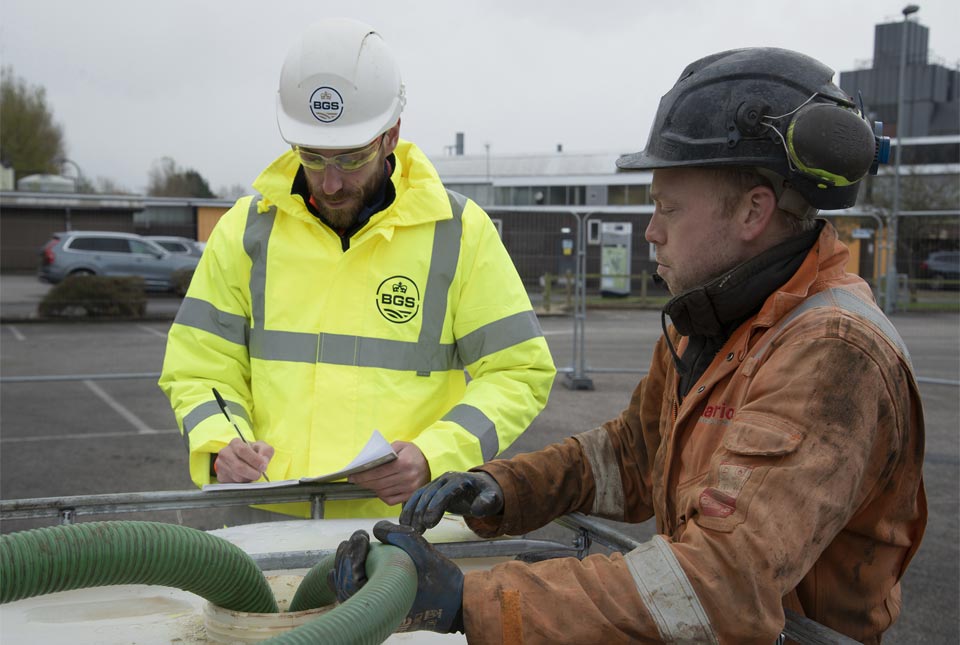
The Cheshire Observatory in the University of Chester’s Thornton Science Park was approved by Cheshire West and Chester Council.
This means the £31 million project will be delivered in full by 2024. The Glasgow Observatory is already operational and providing open data for scientists and researchers.
Together, the Geoenergy Observatories will provide scientists with at- scale test facilities that can be used to optimise and de-risk a range of subsurface energy technologies. They will increase the UK’s research and innovation in low-carbon energy supply and storage
Subsurface energy storage
The Cheshire Observatory will comprise a network of 21 boreholes up to 100m deep. It will provide world-class research facilities for geoenergy storage scientists and innovators.
The boreholes will be equipped with a range of subsurface technologies including borehole heat exchangers for heating and cooling of the subsurface, advanced sensors for 3D imaging of subsurface processes in real-time, and equipment for multilevel groundwater monitoring and hydraulic control.
Data will be free and open to the public, public bodies, researchers and industry.
Construction will begin in summer 2022
Now that planning permission has been granted, construction is expected to start in summer 2022.
The project team has issued a tender for the principal contractor to build the Cheshire site.
If the UK is to meet its net zero targets, we need to balance renewable energy supply and demand and reduce our dependency on gas for heating.
The Cheshire Observatory will be a place where developers of geoenergy supply and storage technologies can work together to create high performance systems and understand how these interact with the subsurface environment.
It will complement the Glasgow Observatory, which is already providing important insights into how thermal energy in flooded former coal mine workings can be used for the heating of buildings.
This world-class facility will be open to users globally and will play a key role in our path towards a net zero energy future.
Dr Mike Spence, science director of the UK Geoenergy Observatories.
Sign up for the newsletter for updates.
Media contact: Sarah McDaid (sarah@mcdaidpr.co.uk/ 07866789688).
Relative topics
Related news

BGS awarded funding to support Malaysia’s climate resilience plan
17/12/2025
The project, funded by the Foreign, Commonwealth & Development Office, will focus on minimising economic and social impacts from rainfall-induced landslides.
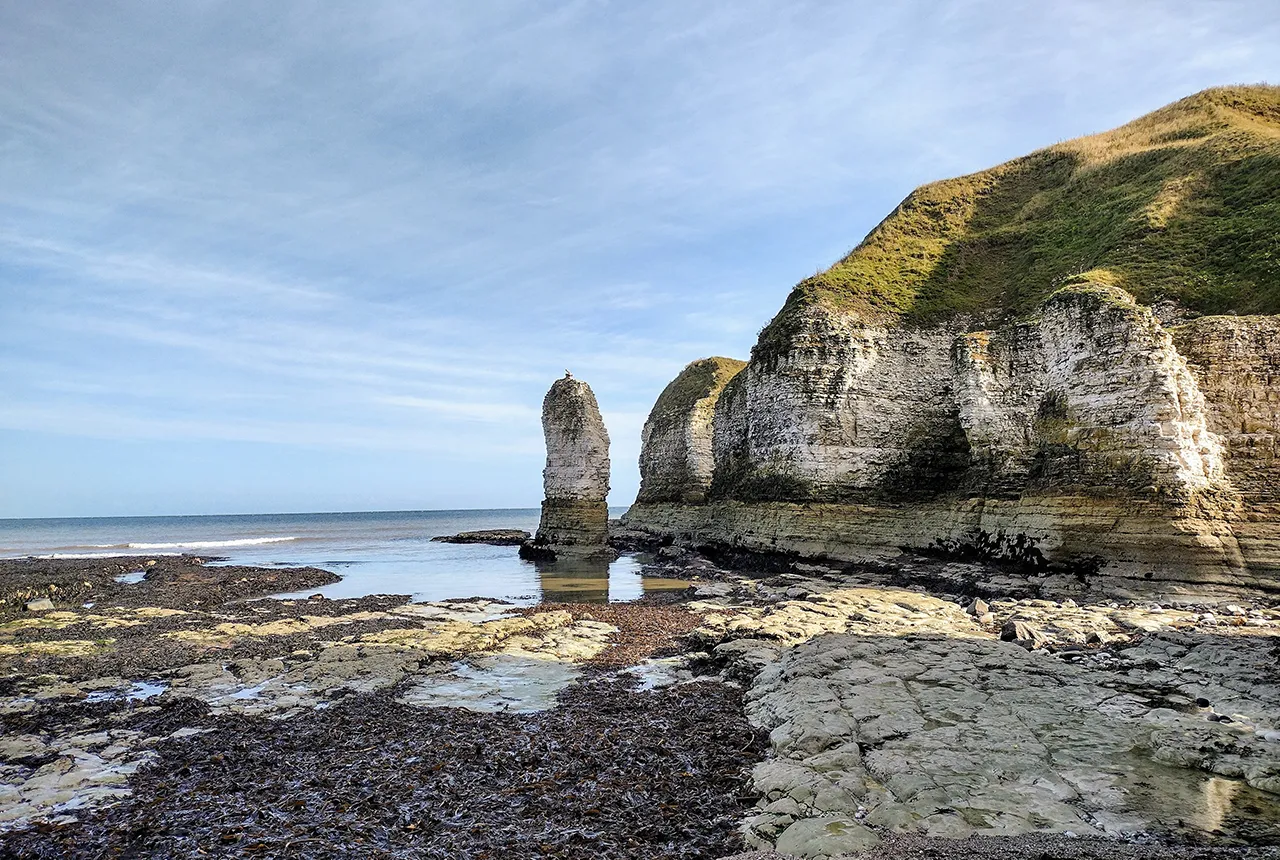
New geological maps of the Yorkshire Wolds to better inform groundwater management and policy decisions
17/12/2025
The new mapping provides crucial data on localised geological issues that may assist in protecting water supplies.
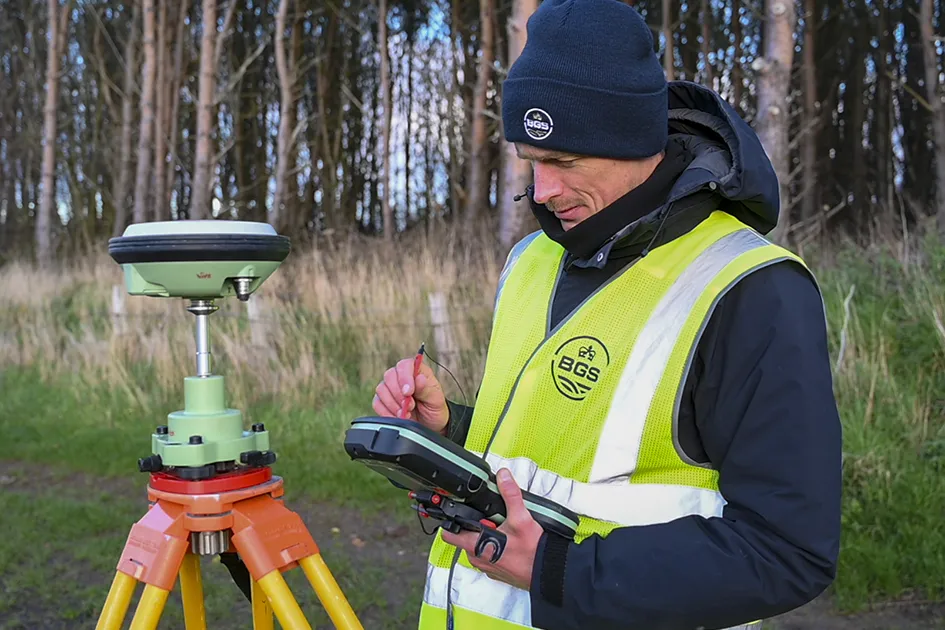
‘Three norths’ set to leave England and not return for hundreds of years
12/12/2025
The historic alignment of true, magnetic, and grid north is set to leave England, three years after they combined in the country for the first time since records began.

BGS agrees to establish collaboration framework with Ukrainian government
11/12/2025
The partnership will focus on joint research and data exchange opportunities with Ukrainian colleagues.
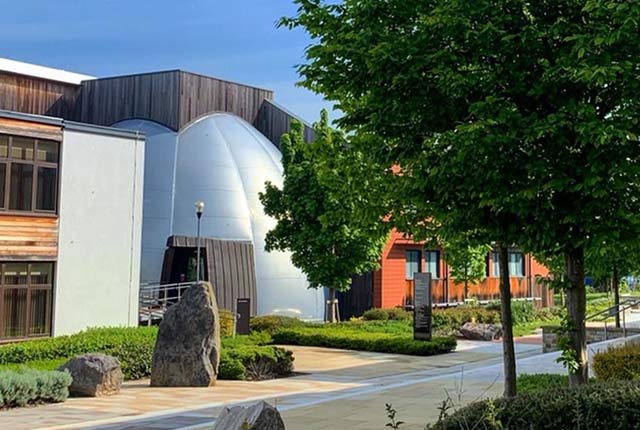
Making research matter: BGS joins leading research organisations in new national initiative
10/12/2025
A new alliance of 35 organisations has been formed that is dedicated to advancing science for the benefit of people, communities, the economy and national priorities.

New 3D model to help mitigate groundwater flooding
08/12/2025
BGS has released a 3D geological model of Gateshead to enhance understanding of groundwater and improve the response to flooding.
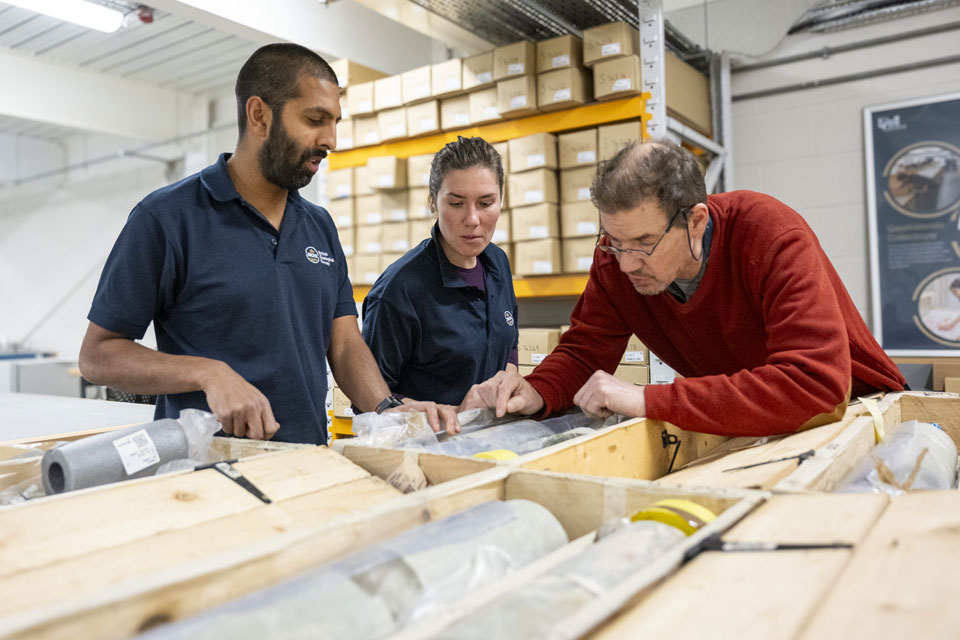
Scientists gain access to ‘once in a lifetime’ core from Great Glen Fault
01/12/2025
The geological core provides a cross-section through the UK’s largest fault zone, offering a rare insight into the formation of the Scottish Highlands.

New research shows artificial intelligence earthquake tools forecast aftershock risk in seconds
25/11/2025
Researchers from BGS and the universities of Edinburgh and Padua created the forecasting tools, which were trained on real earthquakes around the world.
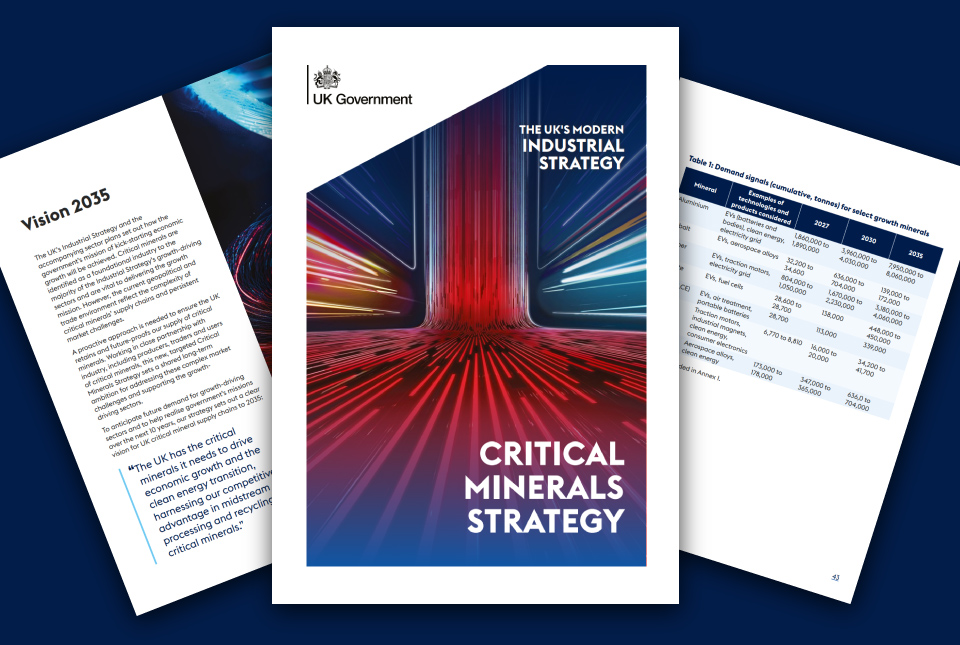
BGS welcomes publication of the UK Critical Minerals Strategy
23/11/2025
A clear strategic vision for the UK is crucial to secure the country’s long-term critical mineral supply chains and drive forward the Government’s economic growth agenda.
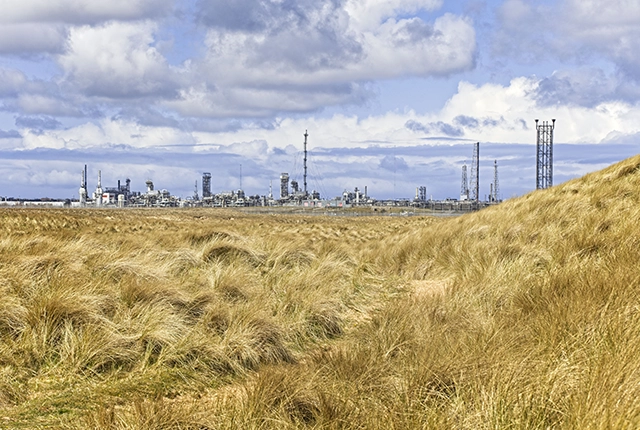
New funding awarded for UK geological storage research
21/11/2025
A project that aims to investigate the UK’s subsurface resource to support net zero has been awarded funding and is due to begin its research.

UK braced for what could be the largest solar storm in over two decades
12/11/2025
Intense geomagnetic activity could disrupt technology such as communication systems, global positioning systems and satellite orbits.
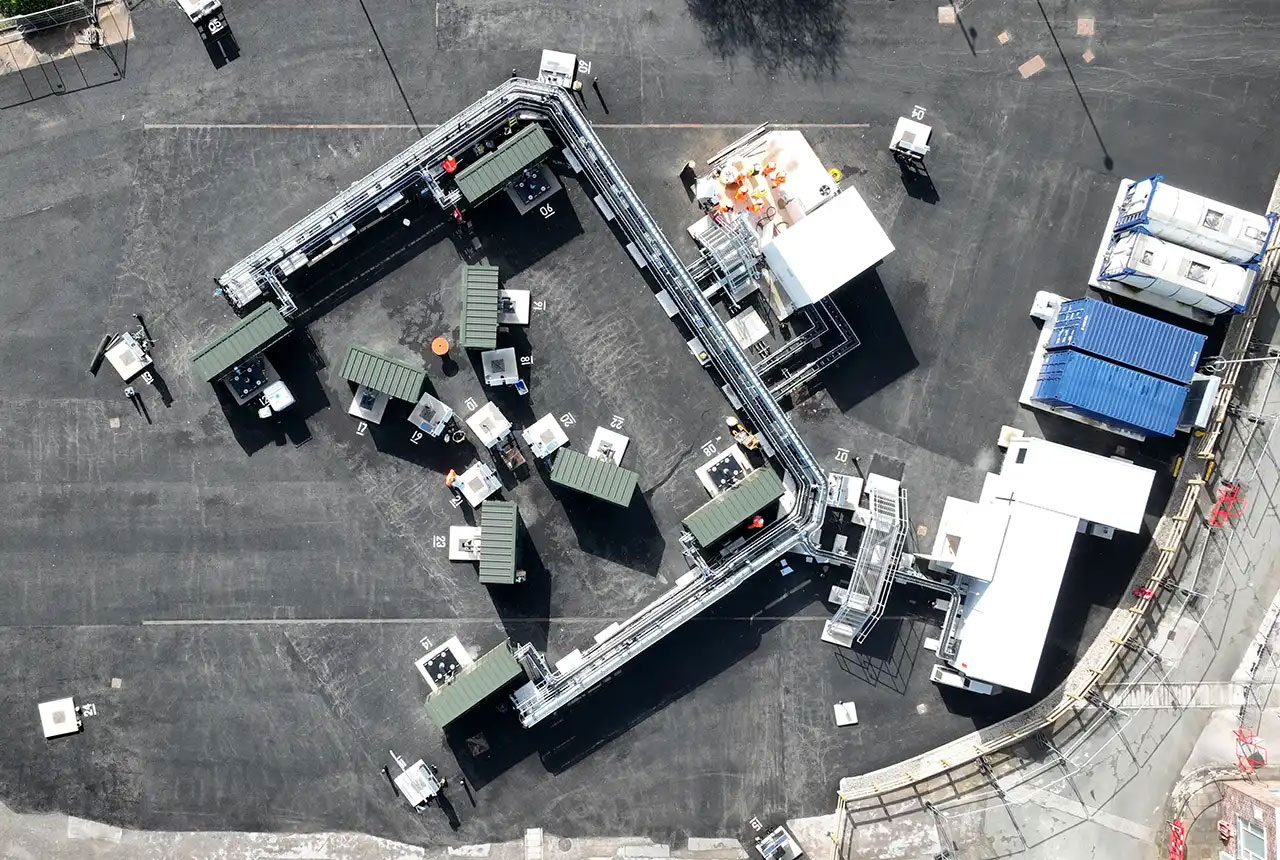
First distributed acoustic sensing survey completed at UK Geoenergy Observatory
12/11/2025
New research at the Cheshire Observatory has shown the potential for mapping thermal changes in the subsurface using sound waves.



